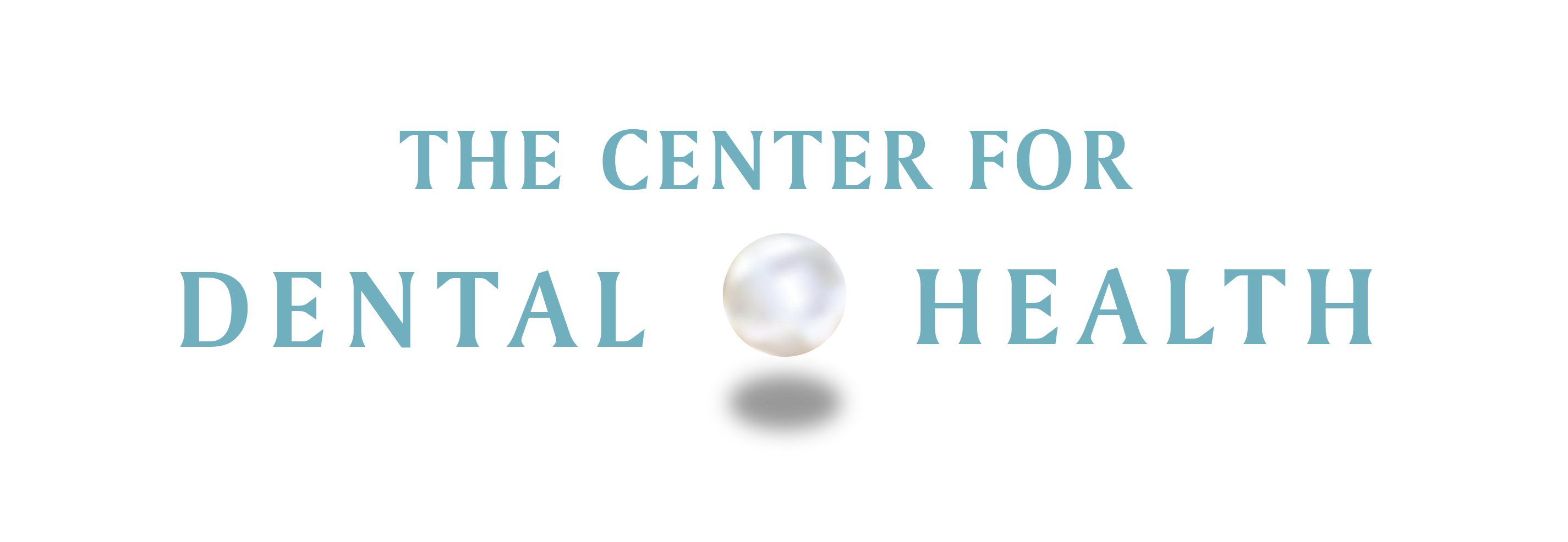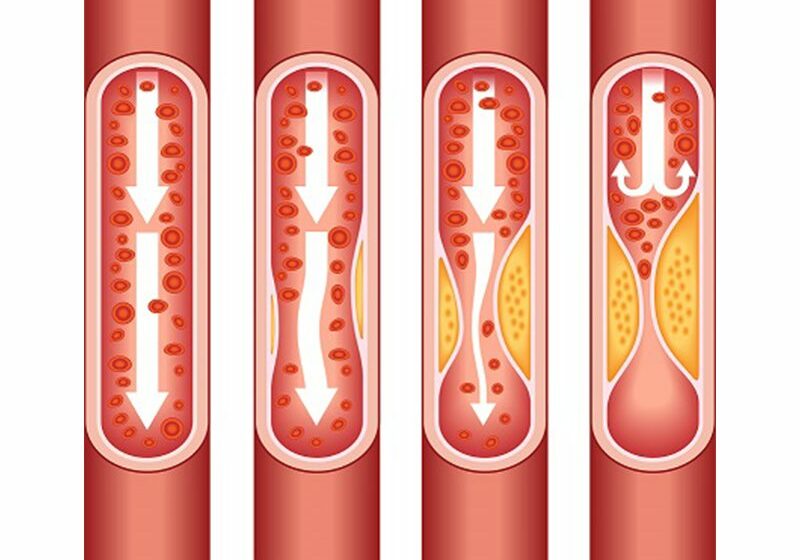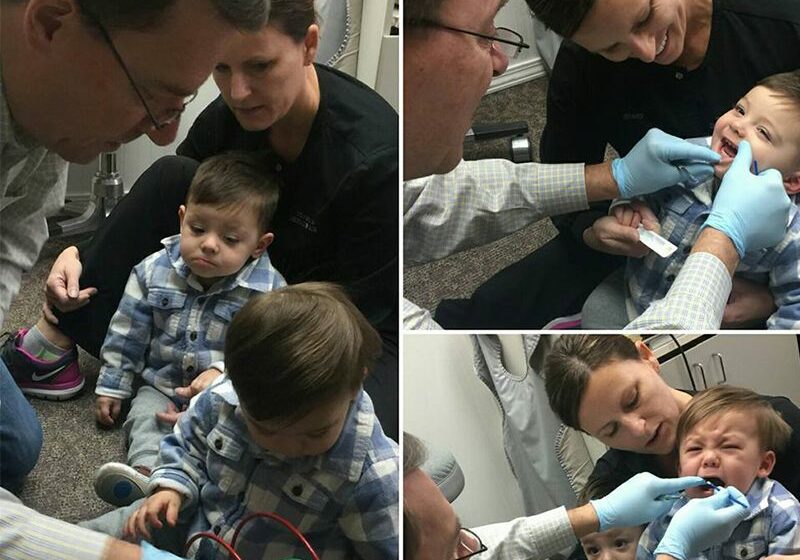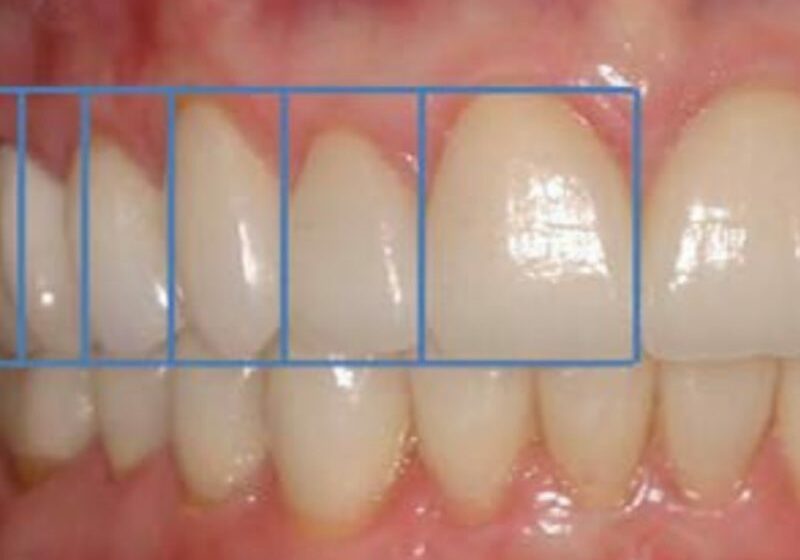Gum Disease and Heart Disease – New Proofs
Dr. Lee Ostler
Dec 6, 2016
For several years there has been emerging science telling of the connections between having gingivitis and gum disease and increased risk for heart attacks, strokes, diabetes, Alzheimer’s, dementia, to name a few. It seems like such a in-consequential link on the surface. After all, gum disease doesn’t hurt, and is far away from the heart.
The real story, the “Why it Matters angle, has to do with what we now call “systemic inflammation”. This is when inflammatory proteins get into and circulate around in the blood stream and cause disease in body tissues and organ systems far removed from the actual source of infection.
Gum disease is actually a low-grade chronic infection characterized by bleeding gums. Sometimes its accompanied with bad breath (sulfur dioxide off-gassing from decaying food and bacteria under the gums). But mostly it is silent in how it presents. In fact, not having bleeding gums does not prove you don’t have gum disease. We know this is true because we can now do DNA analysis of the bugs that live around the teeth and when they are present they have the power to up-regulate systemic inflammation which in turn hurts the heart, brain, kidneys, and so much more!
A very recent study published by the British Medical Journal featured the research and outcomes from the Heart Attack and Stroke Prevention Center in nearby Spokane WA. Quoting from the write up of the article: “The study is the first to identify periodontal disease (PD) due to certain high-risk oral bacteria as a contributing cause of cardiovascular disease (CVD), the leading killer of men and women globally.” You can see the write up by clicking here.
The article indicates that there is Level A evidence supporting this connection, which is stronger evidence than that which supports the use of Statin medications for high cholesterol, a common drug strategy used by many cardiologists.
Quoting further: “The research, which draws on Level A scientific evidence, has potentially lifesaving implications by suggesting a new strategy to help prevent heart attacks and strokes.” And what is that strategy? None other than state-of-the-art treatment for gum disease and gingivitis.
However, the caveat here is that it isn’t “ordinary” gum treatment. It must be specific anti-microbial gum treatment. In our office we begin by utilizing a DNA lab test of the “bad” bacteria which are the known causative agents for periodontal disease. This provides a baseline and is shared with your physician so that they become aware of the new thinking and procedures needed to treat this risk factor.
This article along with others published over the past couple of years in the Journal of the American Heart Association, and in Circulation, are beginning to approach the establishment of causation. Which means that we can now target specifically a risk factor and health situation that is tightly connected with heart disease. It also means that unless effective gum treatment is performed and oral hygiene happens at the level necessary to maintain health, there will persist a low-grade infection driving vascular disease. And this is regardless of what ever other cardiovascular treatments are also being employed.
This is another way of saying that regardless of how good or up-to-date your cardiovascular disease strategy is, unless you are adding this to your protocol, you are falling short of protecting your health and are setting the stage for (more) heart attacks, strokes, diabetes, kidney disease, Alzheimer’s & dementia, and so forth.
This information makes it easier to understand the tightening links between the mouth and the body, and in this case specifically between the gums and the two most vital organs in your body – your heart and your brain!
The bottom line is to be regular with your dentist and hygienist and to keep your mouth clean.
One additional recommendation would be to read the new book by the study co-authors: “Beat the Heart Attack Gene”, available at Amazon.












